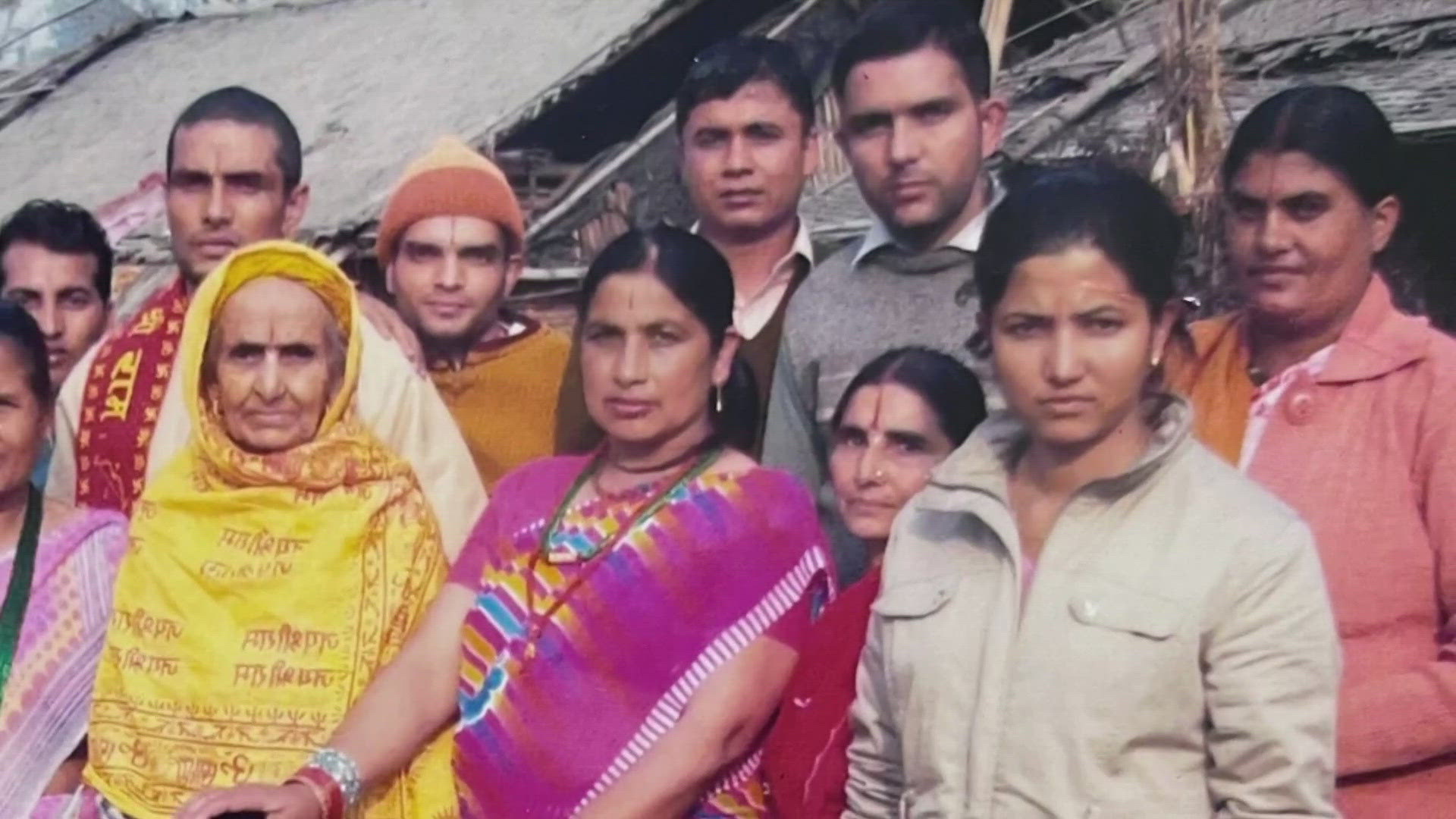COLUMBUS, Ohio — Freedom came slowly for the family of Sudarshan Pyakurel.
His family was living in the Kingdom of Bhutan in southeast Asia when their lives were suddenly uprooted.
In 1988, Bhutan conducted a census in southern Bhutan to guard against illegal immigration. Each family was required to present census workers with a tax receipt from the year 1958—no earlier, no later—or with a certificate of origin, which had to be obtained from one's place of birth, to prove that they were indeed Bhutanese citizens.
Pyakurel’s mother was born in India. Pyakurel said the family was labeled illegal immigrants and were ordered to leave the kingdom.
“We were ethnic minorities in southern Bhutan. In the late 1980's they began ethnic cleansing of Nepal and Nepalese-speaking people,” he said.
Bhutan is where his family lived for more than three generations.
It didn’t matter. The family, he said, had to make a decision. Stay and face possible jail time, beatings or death, or flee in hopes of a better life.
They chose to flee to Nepal in 1992.
“I left Bhutan when I was 11 with my parents. So we had two months to leave Bhutan or we would be put into jail,” Pyakurel said.
He and his family would spend more than a decade in a refugee camp in Nepal.
“Seventeen years in Nepal in a United Nations refugee camp,” he said.
Every year that passed, the family waited to find out where they could restart their lives.
“We were utterly hopeless all the time. We did not know what was going to happen,” he said.
The family applied to be resettled. It took nearly two years before they finally arrived in the United States.
Despite a promise of a better life, the decision wasn’t easy for his parents.
“My parents were not willing. Many parents came because their children convinced them to come. So it's very hard. They cried when they got into the plane. We don't know what is going to happen to us, this may be an end of it. This is the end of the culture, the end of the language this is the end of who we are as a community,” he said.
After a stop in Chicago, the family ended up in Cleveland before coming to Columbus. Pyakurel would later graduate from Ohio State where he earned a degree in social work.
It was with that degree that he started the Bhutanese Community of Central Ohio which provides English translation and other resettlement help including a health clinic.
“It creates a sense of belonging. It ties the whole community around an organization. The organization becomes an umbrella, it becomes a mother for information. You are relying on that if anything happens to me I can go tomorrow and ask for help,” he said.
From fleeing a country intent on ethnic cleansing to living in a refugee camp, Bhutanese Americans living in central Ohio say their 7,000-mile journey to freedom is something they will never take for granted.
“It's like winning a million-dollar lottery to be honest with you. It makes me emotional think of it, there are 25 million people in refugee in the world today, and of those 25 million about 100,000 get resettled every year,” Pyakurel said.
When the Bhutanese Community of Central Ohio began serving people in 2015, the organization said just three Bhutanese Americans were homeowners. Today, that number is north of 3,000 people.

